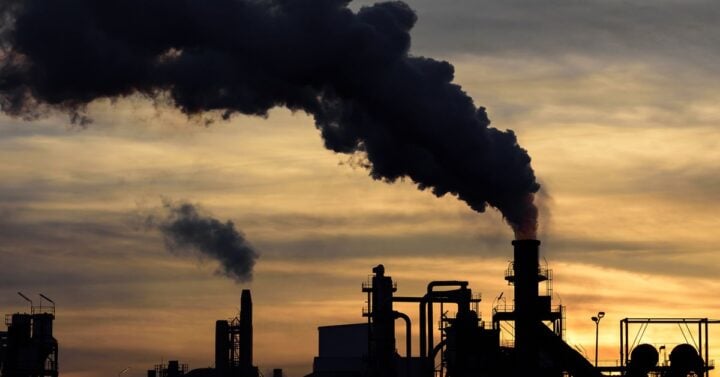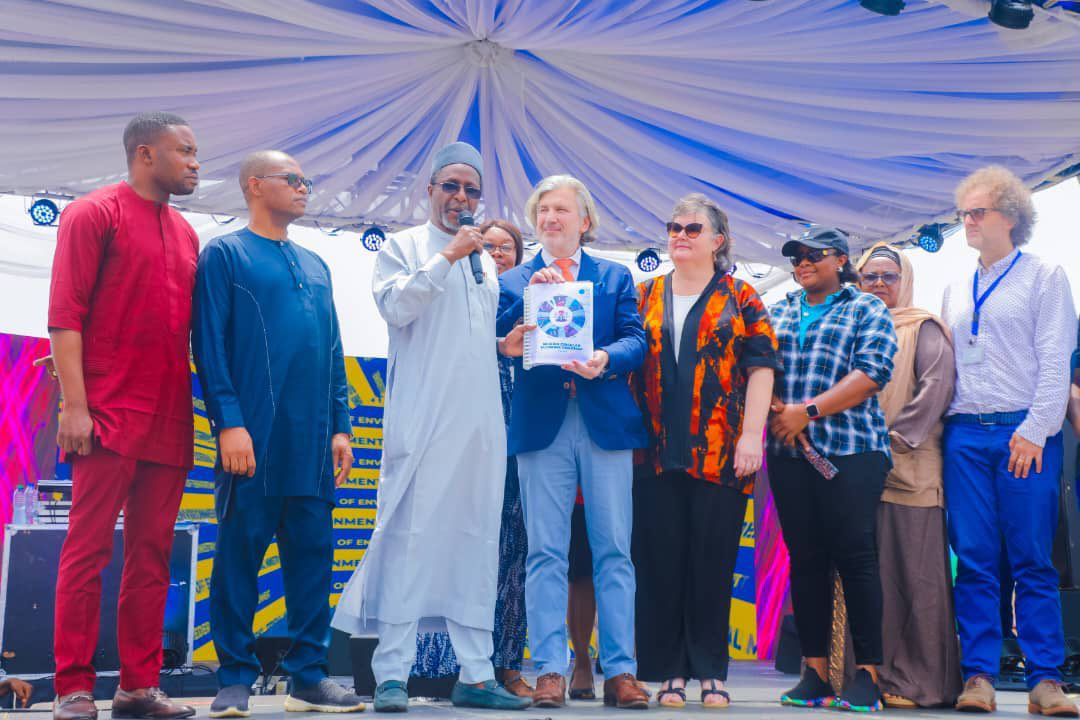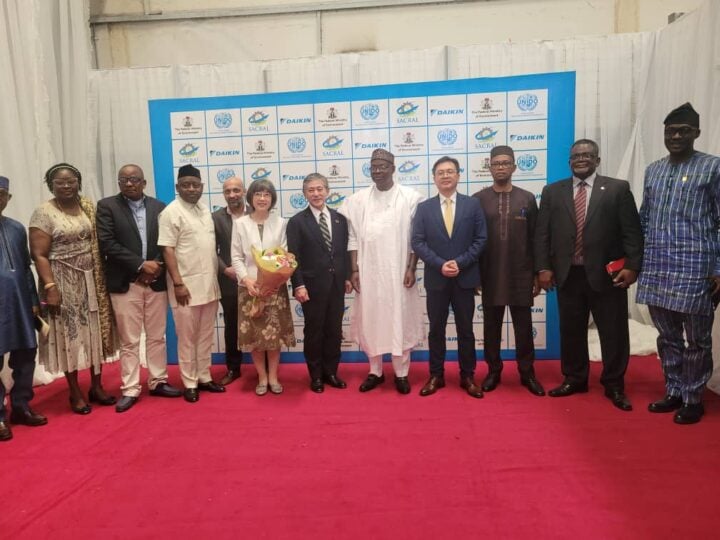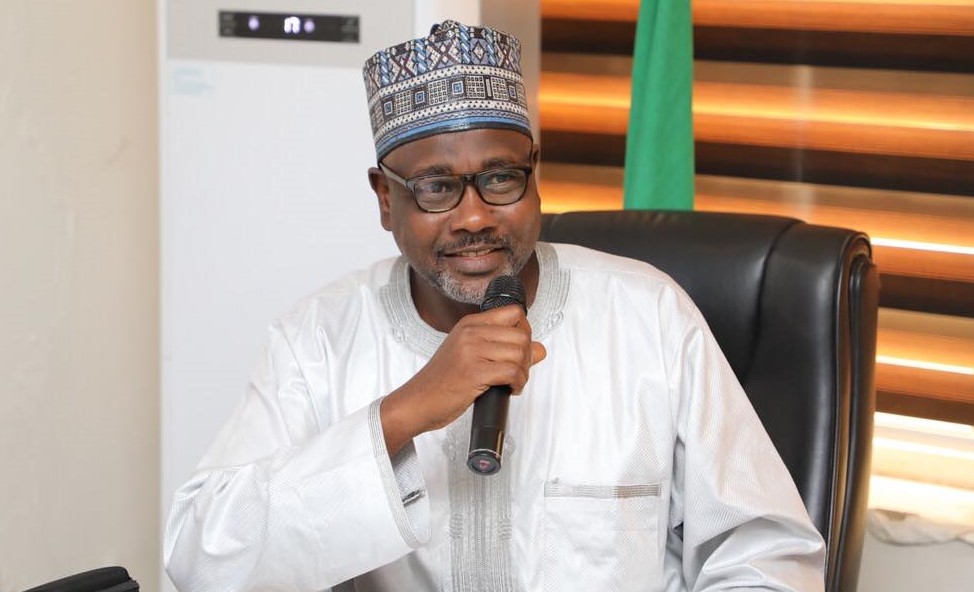The federal government and Self Help Africa, a non-governmental organisation (NGO), are collaborating to reduce carbon and methane emissions by 83 and 61 percent, respectively, by 2030.
The collaboration was part of the highlights of a workshop held in Abuja on Thursday.
NAN reports that the theme of the workshop was “Abatement of short-lived climate pollutants (SLCPs) in the Nigerian agricultural sector”.
The event was organised by the ministry in collaboration with Self Help Africa and the Climate and Clean Air Coalition (CCAC).
Advertisement
Speaking at the workshop, Temitope Fashedemi, permanent secretary, federal ministry of agriculture and food security, said Nigeria is one of the few countries to highlight its commitment to reduce SLCPs.
Fashedemi, who was represented by Osadiya Olanipekun, director of agricultural lands and climate change management services at the ministry, said the initiative is part of the government’s efforts to mitigate the effect of climate change in the country.
“The project (SLCP) is to help reduce short lived carbon emission from agricultural waste,” he said.
Advertisement
“This will help to increase the adaptive capacity of farmers with the replacement of open field burning of agricultural waste with clean alternatives like conservation agriculture and briquette making, among others.”
Also speaking, Joy Aderele, the country director of Self Help Africa in Nigeria, said the programme will work with 500 farmers to reduce open burning over a period of 18 months.
Aderele said Gboko LGA in Benue would be used as a pilot to demonstrate successful approaches to reducing open field burning.
She said the farmers would be categorised into 20 groups, adding that other participants will include 45 agricultural extension officers across the six geo-political zones in the country.
Advertisement
She said the projects would facilitate strategic stakeholders’ engagement and capacity building of agricultural extension officers and farmers.
This, she said, will enable the farmers and the extension agents to adopt the best alternatives to open field burning while also promoting climate smart agriculture.
Aderele said a major objective of the SLCPs is to contribute to Nigeria’s goals of low carbon development and emissions reduction.
“The project will contribute to achieving the goals of Nigeria’s 2019 National Action Plan to reduce SLCPs,” she said.
Advertisement
“This aims to reduce black carbon emissions by 83 percent and methane emissions by 61 percent by 2030.”
Advertisement
Add a comment






